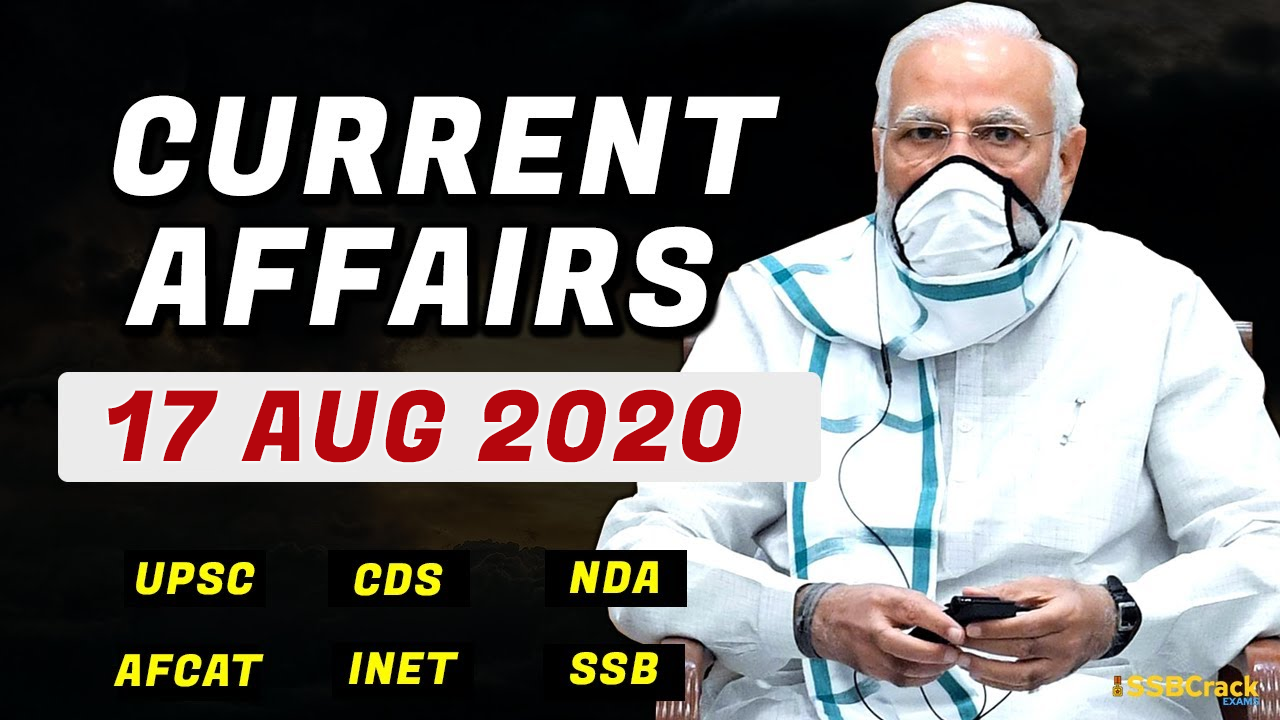What are Sustainable Development Goals (SDGs)?
- Also known as the Global Goals, were adopted by all UN Member States in 2015 as a universal call to action to end poverty, protect the planet and ensure that all people enjoy peace and prosperity by 2030.
- There are 17 Sustainable Development Goals, associated 169 targets and 304 indicators.
- End poverty in all its forms everywhere
- End hunger
- Ensure healthy lives
- Ensure inclusive and equitable quality education
- Achieve gender equality
- Clean Water and Sanitation
- Affordable and Clean Energy
- Decent Work and Economic Growth
- Industry, Innovation, and Infrastructure
- Reduce inequality within and among countries
- Sustainable Cities and Communities
- Ensure sustainable consumption and production patterns
- Take urgent action to combat climate change
- Conserve and sustainably use the marine resources
- Protect, restore and promote sustainable use of terrestrial ecosystems
- Peace, Justice, and Strong Institutions
- Strengthen the means of implementation and revitalize the global partnership for sustainable development
Arunachal Pradesh: Demand for 6th Schedule Status
- The political groups of Arunachal Pradesh are calling for bringing the entire Arunachal Pradesh under the ambit of the Sixth Schedule or Article 371 (A) of the Constitution.
- This demand comes after the recent revival of the demand for two autonomous councils in Arunachal Pradesh.
- Arunachal Pradesh is under the 5th Schedule.
- The Sixth Schedule currently includes 10 autonomous district councils in four northeastern States Assam, Meghalaya, Mizoram and Tripura.
- Article 371 A is applied in Nagaland which provides special status to Nagaland.
- Inclusion of the state under the 6thSchedule would enable the state to own the legitimate ownership rights over its own natural resources and make itself sufficient without having to depend too much on central grants.
- 6th Schedule
- It provides for the administration of tribal areas in Assam, Meghalaya, Tripura and Mizoram to safeguard the rights of the tribal population in these states.
- This special provision is provided under Article 244(2) and Article 275(1) of the Constitution.
- Passed by the Constituent Assembly in 1949
- It seeks to safeguard the rights of tribal population through the formation of Autonomous District Councils (ADC).
‘AYUSH for Immunity Campaign’
- The Ministry of AYUSH launched a three-month campaign on “Ayush for Immunity”
- The Webinar was staged on Ayush Virtual Convention Centre (AVCC), the new digital communication platform of the Ministry.
- The theme of campaign is accessible and affordable health for all, through Ayush solutions
- The campaign is aimed at increasing awareness about affordable and easy practices that can be adopted for enhancing immunity and preventing any disease.
Indigenous AUM Photonic System developed to monitor Air Quality
- Air Unique-quality Monitoring (AUM) Photonic System has been indigenously developed with the prime objective of real-time remote monitoring of air quality.
- The system is portable, compact, low powered and economical.
- It works on plug and play system and do not require any setting uptime.
- Need:
- WHO’s reports show 7.5 million fatalities due to poor air quality.
- This highlights the necessity for accurate, yet cost-effective monitoring of air quality parameters.
- The current systems is prohibitively expensive for wider deployment.
- It has capability to identify, classify, and quantify various pollutants simultaneously.
- Includes meteorological parameters, with very high precision, sensitivity as well as accuracy.
PM Modi Longest-Serving Head of Elected Government Among Prime Ministers
- Prime Minister Narendra Modi is not only the longest-serving non-Congress Prime Minister but also has the longest tenure as head of an elected government.
- Tenure: 18 years and 306 days, or a total of 6,878 days till August 13
- Before this, the first PM of India, JL Nehru served as the PM of the country for a period of 16 years and 286 days.
- 3rd in this list is Indira Gandhi who served for 15 years and 350.
India announces $500 mn package for Maldives
- India announced new connectivity measures for the Maldives, to help it deal with the economic impact of the COVID-19 pandemic.
- Connectivity measures includes:
- An air connectivity “bubble” for travel: ‘Air bubble’ is a bilateral agreement between countries that allows both to fly their national carriers to and from each other’s soil. The nations under this deal have eased entry restrictions.
- Greater Male Connectivity project: It will be largest civilian infrastructure project in Maldives. It is a 6.7 km bridge project connecting Male with Gulhifalhu Port and Thilafushi industrial zone.
- Cargo Ferry Service: Aregular cargo ferry service between India and Maldives will be started to boost trade and commerce.
Current COVID19 Situation in India

QUIZ TIME
6th schedule provides administration of tribal areas in:
- Assam, Nagaland, Mizoram and Tripura
- Assam, Meghalaya, Arunanchal Pradesh and Tripura
- Assam, Meghalaya, Mizoram and Sikkim
- Assam, Meghalaya, Mizoram and Tripura
Answer – D
Article 371 A is applied in which of the following states?
- Sikkim
- Nagaland
- Assam
- J&K
Answer – B
Who is the longest-serving head of Elected Government?
- Indira Gandhi
- Rajiv Gandhi
- Jawaharlal Nehru
- Narendra Modi
Answer – D
Question of the Day
What is Fifth Schedule in Indian Constitution?
Answer in next session…







